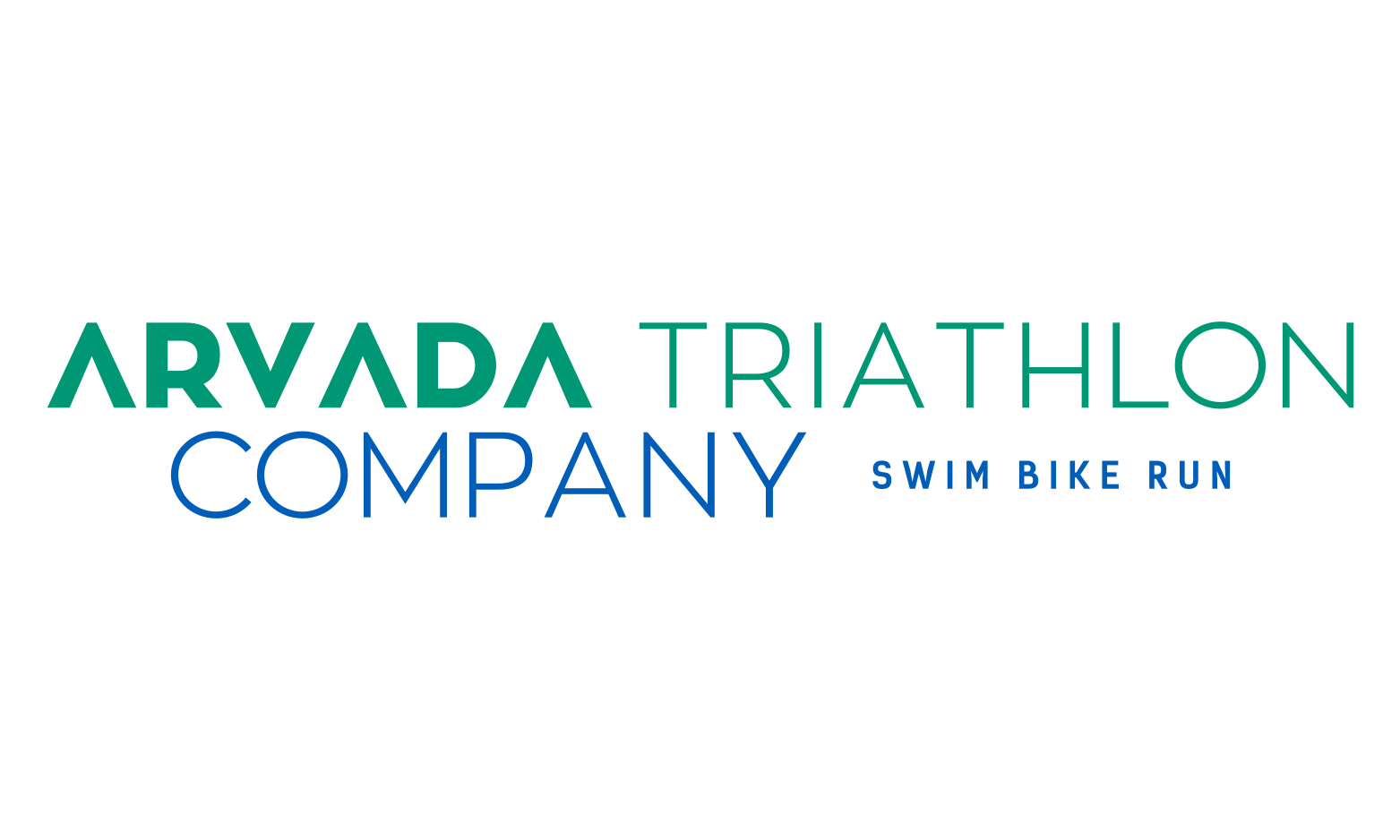Triathlon, a grueling test of endurance and skill encompassing swimming, cycling, and running, demand meticulous preparation, especially when it comes to nutrition. Whether you're tackling a sprint distance or pushing yourself through the ultimate challenge of an Ironman, fueling your body effectively is essential for peak performance. Here's your comprehensive guide to race day nutrition tailored to each triathlon distance:
Sprint Triathlon (0.5 mile swim, 12 mile bike, 3.1 mile run)
- Pre-Race: Begin your day with a light breakfast 2-3 hours before the race. Opt for easily digestible carbs like a banana or a slice of toast with honey.
- During Race: Prioritize hydration with water, especially in warmer conditions. Consider adding electrolytes if the weather is particularly hot.
- Post-Race: Kickstart recovery with a mix of carbs and protein. A protein shake paired with a piece of fruit can jumpstart the process.
Olympic Distance (1500m swim, 40k bike, 10k run)
- Pre-Race: Fuel up with a slightly larger breakfast, including a mix of carbs, a touch of protein, and healthy fats like oatmeal topped with nuts and berries.
- During Race: Alongside hydration, incorporate a sports drink to replenish electrolytes lost through sweat. Quick energy can be provided by gels or chews.
- Post-Race: Opt for a balanced meal to aid recovery, combining carbs, protein, and vegetables to replenish depleted stores.
Half Ironman (1.2 mile swim, 56 mile bike, 13.1 mile run)
- Pre-Race: Prioritize a substantial meal 3-4 hours before the race, focusing on complex carbs and lean protein while avoiding high-fiber foods to prevent gastrointestinal distress.
- During Race: Maintain regular calorie intake with a variety of sources, including sports drinks, energy gels, and solid foods like bars or bananas.
- Post-Race: Replenish glycogen stores with carb-rich foods and repair muscles with protein. Hydration remains crucial for optimal recovery.
Ironman (2.4 mile swim, 112 mile bike, 26.2 mile run)
- Pre-Race: Prepare with a hearty meal the night before and a substantial breakfast on race day, emphasizing carbs while keeping fiber intake low to avoid digestive issues.
- During Race: With the extended duration of the event, consistent calorie intake is paramount. Plan a nutrition strategy that encompasses liquids, gels, and solids.
- Post-Race: Begin recovery with hydration and electrolyte replenishment. Then, transition to a balanced meal containing carbs, protein, and fats to support the extensive recovery process.
| Duration of Activity | Carbohydrates per Hour | Hydration per Hour |
|---|---|---|
| < 1 hour | 30g (minimal to none) | As needed |
| 1-2 hours | 30-60g | 16-32 ounces of water |
| 2-3 hours | 60-90g | 24-48 ounces of water |
| > 3 hours | Up to 90g | 32-64 ounces of water |
Key Considerations for Race Day Nutrition:
- Pre-Race Meal: Consume a full meal 3-4 hours before the race, rich in easily digestible carbohydrates.
- Caloric Needs: Determine your individual caloric requirements using a nutrition calculator.
- During the Race: Aim for 30-60 grams of carbohydrates per hour, alongside adequate hydration and electrolyte intake.
- Fueling: Tailor your fueling strategy to the intensity of your workout, incorporating carbohydrates for high-intensity efforts and fats for low-intensity periods.
- Solid Foods: Reserve solid food consumption for the bike leg, as they are easier to digest during cycling.
- Practice Makes Perfect: Experiment with energy gels, sports drinks, and electrolyte mixes during training to fine-tune your race day nutrition plan.
Remember, personalized nutrition planning and ample training are key to success on race day. Best of luck with your triathlon journey! 🏊♂️🚴♂️🏃♂️
If you need help with your nutrition plan stop by they shop and we can help.





